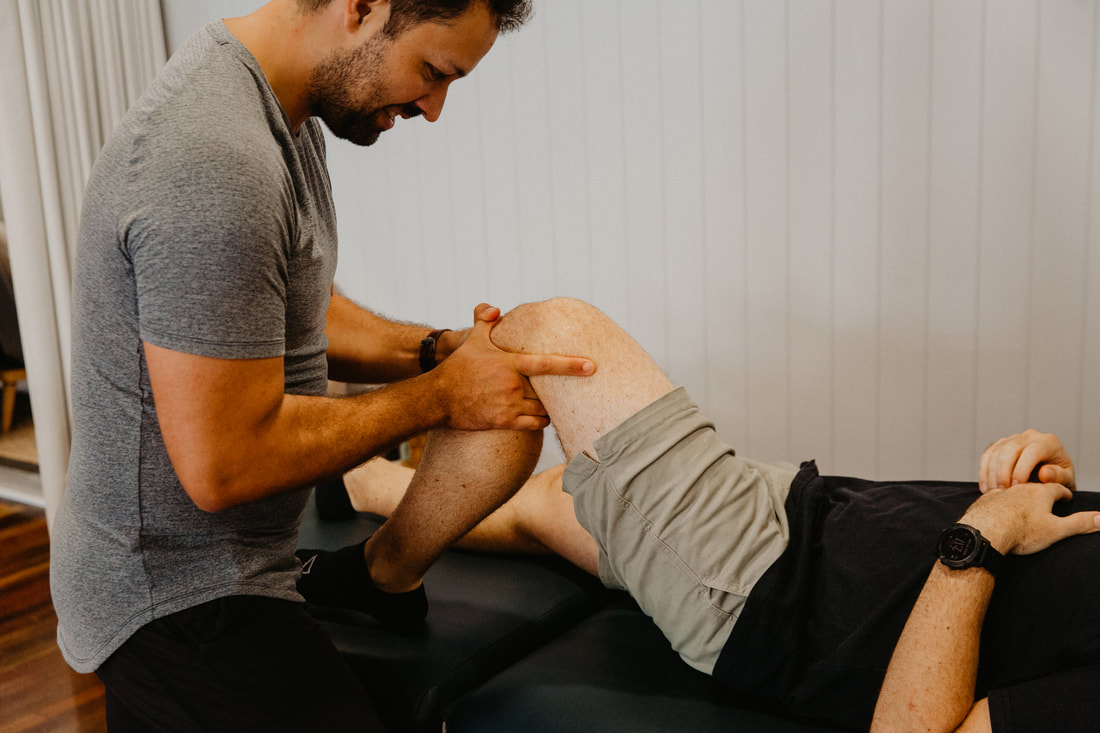Sports injury physiotherapy for snowboarders.
Snowboarding and the Role of a Specialised Physiotherapist
Snowboarding is a popular winter sport that combines elements of surfing, skateboarding, and skiing. It involves descending snow-covered slopes on a single board, requiring balance, agility, and coordination. The sport appeals to those seeking an adrenaline rush and artistic expression on snow, but it also poses unique physical challenges and injury risks.
Key Aspects of Snowboarding:
The Importance of a Physiotherapist Specialised in Snowboarding:
What Are Common Injuries Among Snowboarders?
Snowboarding, a sport characterized by dynamic movements on snow-covered slopes, often leads to specific types of injuries:
How Can Snowboarders Prevent These Injuries?
Injury prevention is crucial for snowboarders:
What Physiotherapy Treatments Are Effective for Snowboarding Injuries?
Physiotherapy is essential in treating and managing injuries in snowboarding:
When Should a Snowboarder Consult a Physiotherapist?
Professional guidance is recommended in several scenarios:
How Can Physiotherapy Help in Long-Term Injury Prevention for Snowboarders?
Long-term injury prevention is essential:
What Recovery Strategies Should Snowboarders Employ?
Effective recovery strategies are important for snowboarders:
If you have been injured during snowboarding, there are many things that our Tarragindi physiotherapists can do to help get you back to being sport ready and active again so come in and speak to our friendly physiotherapists today! Feel free to give our Tarragindi Physiotherapy clinic a call on 07 3706 3407 or email [email protected]
Snowboarding is a popular winter sport that combines elements of surfing, skateboarding, and skiing. It involves descending snow-covered slopes on a single board, requiring balance, agility, and coordination. The sport appeals to those seeking an adrenaline rush and artistic expression on snow, but it also poses unique physical challenges and injury risks.
Key Aspects of Snowboarding:
- Dynamic Movements: Snowboarding includes rapid turns, jumps, and tricks, demanding agility and reflexive responses.
- Balance and Core Strength: Essential for controlling the snowboard and executing maneuvers.
- Environmental Factors: Cold temperatures and varying snow conditions can impact performance and increase the risk of injury.
The Importance of a Physiotherapist Specialised in Snowboarding:
- Injury Prevention and Management: A physiotherapist with experience in snowboarding can provide targeted strategies for injury prevention and effective rehabilitation, tailored to the physical demands of the sport.
- Performance Enhancement: Understanding the biomechanics of snowboarding, a physiotherapist can assist athletes in refining their techniques, improving balance, and enhancing overall performance.
- Recovery and Conditioning Advice: Specialized physiotherapists can offer guidance on conditioning exercises and recovery techniques appropriate for snowboarders, crucial for maintaining fitness and preventing injuries.
What Are Common Injuries Among Snowboarders?
Snowboarding, a sport characterized by dynamic movements on snow-covered slopes, often leads to specific types of injuries:
- Wrist and Hand Injuries: Frequent due to falls, as snowboarders often land on their hands.
- Ankle Injuries: Caused by the twisting motions and impacts associated with snowboarding.
- Knee Sprains: From the rotational forces exerted during snowboarding manoeuvres.
- Shoulder Dislocations and Injuries: Occurring during falls or collisions.
- Head Injuries and Concussions: Due to falls or impacts with obstacles.
How Can Snowboarders Prevent These Injuries?
Injury prevention is crucial for snowboarders:
- Proper Equipment: Using snowboards and bindings suited to one’s skill level and style.
- Protective Gear: Wearing wrist guards, helmets, and appropriate padding.
- Strength and Flexibility Training: Building core and lower body strength, and improving flexibility to support snowboarding movements.
- Balance and Coordination Exercises: Enhancing stability for board control.
- Awareness of Terrain and Conditions: Understanding and respecting the snow conditions and terrain park features.
What Physiotherapy Treatments Are Effective for Snowboarding Injuries?
Physiotherapy is essential in treating and managing injuries in snowboarding:
- Manual Therapy: Including massage, stretching, and joint mobilizations to alleviate pain and improve mobility.
- Tailored Exercise Rehabilitation: Specific exercises to strengthen and rehabilitate injured areas.
- Balance and Proprioception Training: Focusing on improving balance and body awareness, crucial for snowboarding.
- Pain Management Techniques: Utilizing modalities like ice therapy, heat therapy, or TENS.
- Injury Prevention Education: Providing guidance on safe snowboarding practices and conditioning.
When Should a Snowboarder Consult a Physiotherapist?
Professional guidance is recommended in several scenarios:
- Post-Injury: For an accurate diagnosis and a comprehensive rehabilitation plan.
- Persistent Pain or Discomfort: Especially if it affects snowboarding performance or daily activities.
- Performance Enhancement: To improve snowboarding skills and reduce injury risk.
- Preventive Measures: Learning effective methods to reduce the likelihood of future injuries.
How Can Physiotherapy Help in Long-Term Injury Prevention for Snowboarders?
Long-term injury prevention is essential:
- Personalized Exercise Programs: Focused on the specific needs of snowboarders, considering strength, balance, and flexibility.
- Regular Physical Assessments: To monitor progress and adjust training accordingly.
- Technique Analysis and Improvement: Ongoing work on improving snowboarding techniques and reducing injury risk.
- Nutritional and Lifestyle Advice: To support overall health and enhance snowboarding performance.
What Recovery Strategies Should Snowboarders Employ?
Effective recovery strategies are important for snowboarders:
- Active Recovery: Engaging in light activities to promote circulation and muscle recovery.
- Nutrition and Hydration: Essential for muscle repair and maintaining energy levels.
- Adequate Sleep: Critical for physical and mental recovery.
- Mental Health Support: Managing the psychological demands of the sport.
If you have been injured during snowboarding, there are many things that our Tarragindi physiotherapists can do to help get you back to being sport ready and active again so come in and speak to our friendly physiotherapists today! Feel free to give our Tarragindi Physiotherapy clinic a call on 07 3706 3407 or email [email protected]
Who to book in with:
Yulia Khasyanova
|
Mauricio Bara
|
Emma Cameron
|



